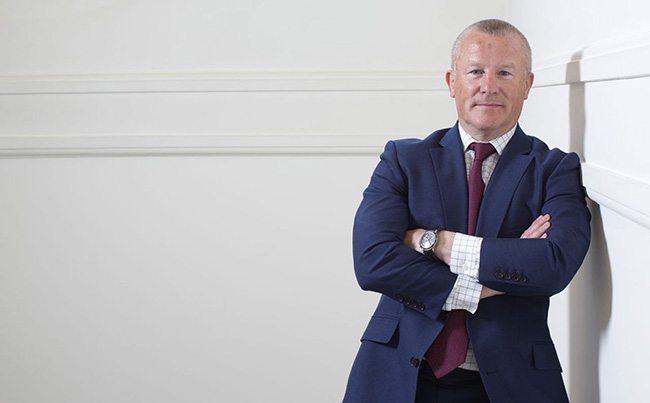Neil Woodford, the Head of Investment at Woodford Investment Management and formerly Head of UK Equities at Invesco Perpetual, was asked a number of things about what he thought was the greatest risks within the world economy right now?
Woodford said: “I see a lot of risk in the world economy. I think growth is the problem, and deflation, really. So I think the world is facing a structural absence of growth for all sorts of reasons…”
Asked if he thought that this was a Long term problem he said: “Yes. Well, I have optimism in the medium / long term because I think that technology will transform the prospects for growth. But in the short /medium term and I mean on a 3 to 5 year time horizon I see the world economy really struggling to grow. And certainly to grow at levels that central bankers would like and frankly investors would like.”
Asked by interviewer Stephen Sackur if we could assume that the norm for Western economies is sort of two and a half / three percent per year and we’ve lost that, particularly in Europe. And what Europe is still wrestling with is the massive overhang from the financial crisis, sovereign debt still a huge problem, not least in Greece.
They’ve kicked the can down the road in terms of Greece’s membership of the Eurozone but do you think, in the end, the Eurozone is viable in its current form?
Woodford responded somewhat robustly: “Probably not in the long term…”
Asked about if he was investing on the basis that the Eurozone will in the medium to long term collapse, Woodford said that “I would say I’m very conscious of the stresses and strains that will continue to increase I think in the Eurozone. The debt problems, the economic disparity, in a very simple sense pretending that Greece was Germany is a fundamental error. Pretending that Portugal was Germany… Having the same interest rate, the same monetary policy for two economies that are so different seems to me to be a fundamentally flawed assumption right at the start of the project.
The policy makers are very committed to keeping the show on the road. Too many people have underestimated the commitment of policy leaders in Europe to try and ensure the project is successful, but ultimately I think economics has a habit of overruling politics.”
Asked about the great uncertainty on whether Britain will be still a member of the European Union after 2017 and if he was investing on the basis that Britain might well leave the European Union? Woodford said: “It’s something that I have to think about now. For a long time in my career, for many periods during my career I haven’t had to worry too much about political risk. It’s in the background but it hasn’t been front and centre in my sort of assessment of macro risk. These days I think you have to recognise that political risks are all over the place.”
Asked if a British exit from the EU would be a damaging risk and a negative? Woodford responded: “Potentially very negative in the short term, yes, I think it would be. The likelihood of a referendum I think will put a brake on external investment, international investment in the UK. I think that probably is the case. I think it will create uncertainty just in the same way the Scottish Referendum created uncertainty north of the border. I think a referendum on our membership would create a lot of political and economic uncertainty in the UK.”
Concluding the interview Woodford said that for the next two years, British economic potential and British growth will be damagingly affected by the reality of continued uncertainty over EU membership.


